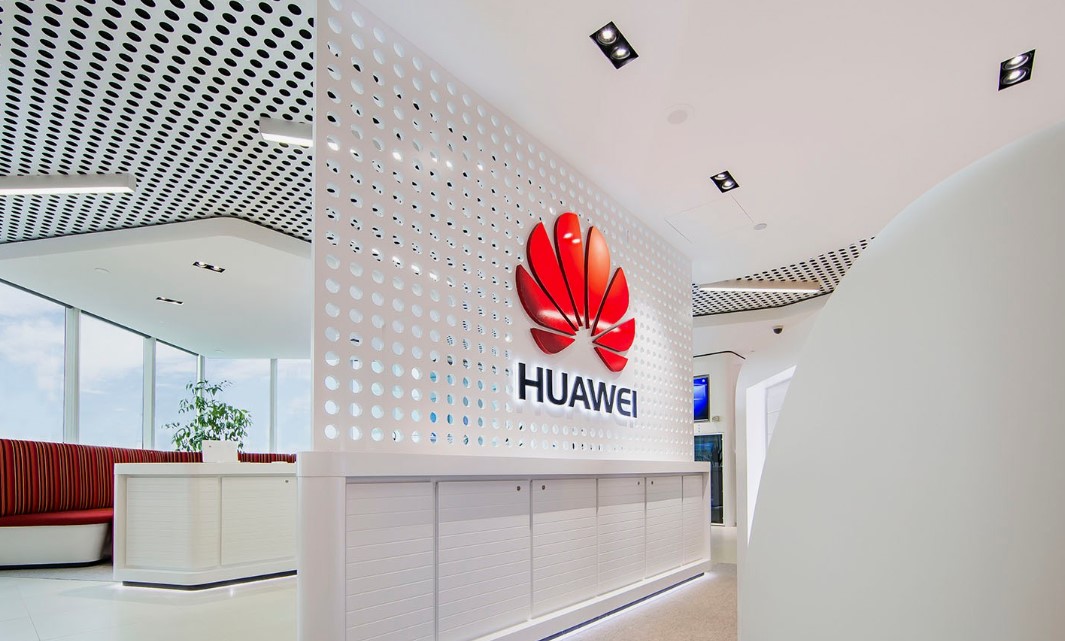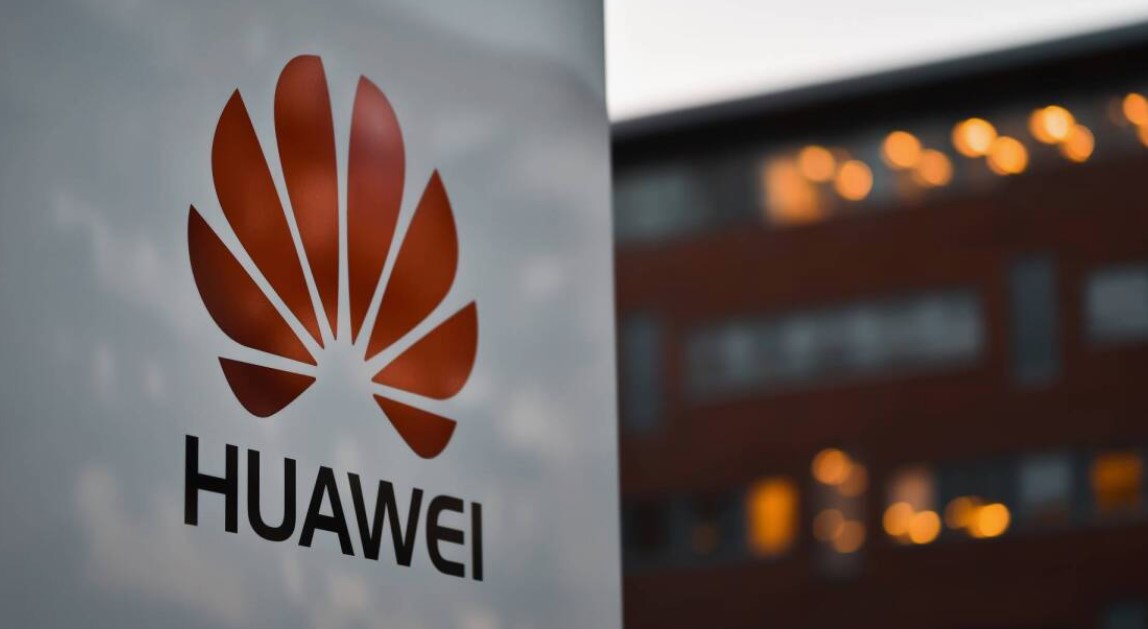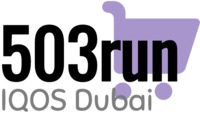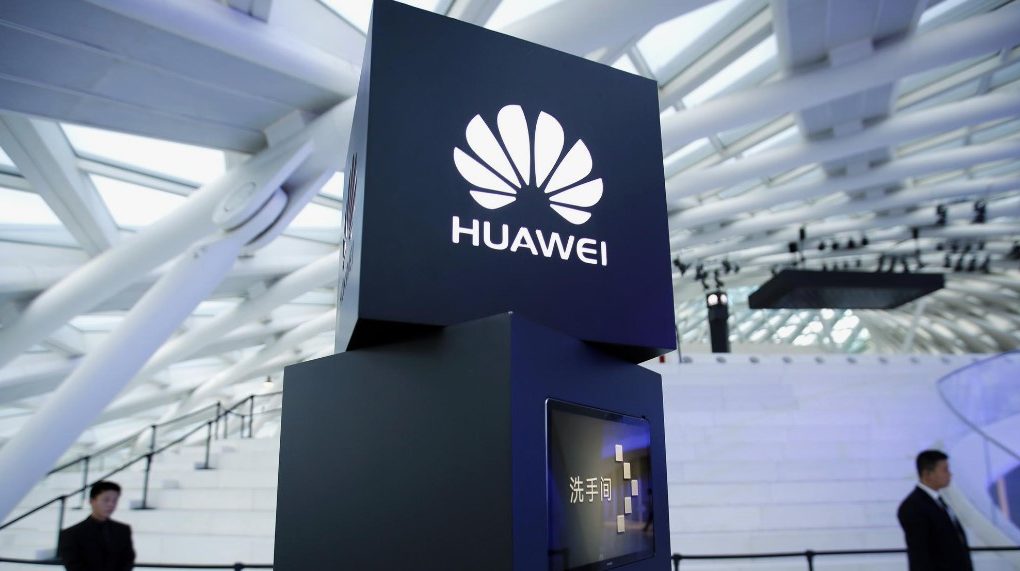Huawei Technologies Co., Ltd., founded in 1987 by Ren Zhengfei in Shenzhen, China, started as a small enterprise specializing in the production of phone switches. Over the years, Huawei evolved into a global giant in the telecommunications industry. Here’s a detailed timeline of Huawei’s remarkable journey, with products now available through Rounak Computers.
History and Development
1987-2000: The Formative Years
– 1987: Ren Zhengfei establishes Huawei in Shenzhen with an initial capital of CNY 21,000. The company’s primary focus was on reselling Private Branch Exchange (PBX) switches imported from Hong Kong.
– 1990: Huawei shifts its focus to independent research and development, creating its own PBX technologies.
– 1992: Huawei launches its first major product, the C&C08 digital telephone switch, which becomes one of the most powerful switches in China.
– 1996: The company expands its market to rural China and starts its international operations by providing fixed-line networks to Hong Kong. This marks the beginning of Huawei’s global expansion.
2001-2010: Expanding Horizons
– 2003: Huawei partners with IBM for management transformation, leading to improved internal processes and efficiency. This partnership helps Huawei enhance its management practices and operational efficiency.
– 2004: The company enters the mobile phone market, launching its first phone under its brand. This move diversifies Huawei’s product portfolio and marks its entry into the consumer electronics market.
– 2005: Huawei’s revenue exceeds USD 8 billion, with international sales contributing significantly. The company starts to establish itself as a global player in the telecommunications industry.
– 2009: Huawei surpasses Ericsson to become the world’s largest telecommunications equipment manufacturer. This milestone solidifies Huawei’s position as a leader in the global telecommunications market.

2011-2020: Innovation and Global Expansion
– 2012: Huawei’s annual revenue hits USD 35 billion, with its consumer business group becoming a significant contributor. The company’s smartphones and other consumer electronics gain popularity worldwide.
– 2015: Huawei launches the P series smartphones, gaining global recognition for their high quality and innovative features. The P series becomes synonymous with high-performance mobile devices.
– 2018: Huawei surpasses Apple to become the world’s second-largest smartphone manufacturer by market share. This achievement underscores Huawei’s rapid growth and success in the competitive smartphone market.
– 2019: Despite facing geopolitical challenges, including sanctions from the US, Huawei achieves a record USD 122 billion in revenue. The company demonstrates resilience and continues to innovate despite external pressures.
2021-Present: Leading the Future
– 2021: Huawei continues to invest heavily in research and development, maintaining its position as a leader in 5G technology and telecommunications. The company focuses on next-generation technologies and expanding its product offerings.
– 2023: The company launches HarmonyOS, an open-source operating system, demonstrating its capabilities beyond hardware into software development. HarmonyOS aims to create a seamless user experience across various devices, from smartphones to IoT devices.
Areas of Activity
Mobile Devices
Huawei’s mobile device division includes smartphones, tablets, and wearables. Known for their innovative features, high-quality cameras, and sleek designs, Huawei’s P and Mate series smartphones have been particularly successful. The company is also expanding into 5G-enabled devices, offering advanced connectivity solutions to consumers worldwide.
Huawei’s smartphones are renowned for their advanced camera systems, often developed in collaboration with renowned camera manufacturers like Leica. These devices feature cutting-edge technology such as AI-powered photography, high-resolution sensors, and advanced image stabilization. The Mate series, known for its performance and battery life, caters to power users, while the P series focuses on photography enthusiasts.
In addition to smartphones, Huawei’s product lineup includes tablets like the MatePad series and wearables such as the Watch GT series. These devices offer seamless integration with Huawei’s ecosystem, providing users with a connected and cohesive experience.
Cars
In recent years, Huawei has entered the automotive sector, focusing on intelligent vehicle solutions. The company provides automotive manufacturers with advanced technologies such as in-car connectivity, autonomous driving systems, and smart electric powertrains. Huawei’s intelligent vehicle solutions aim to enhance the driving experience and promote the development of smart cities.
Huawei’s automotive solutions include intelligent cockpit systems, which integrate multimedia, navigation, and communication functions into a unified interface. The company’s autonomous driving technology leverages AI and big data to enable safe and efficient driving. Huawei’s smart electric powertrains optimize energy consumption and enhance the performance of electric vehicles.
By collaborating with leading automotive manufacturers, Huawei aims to drive the future of mobility and contribute to the development of connected and autonomous vehicles. The company’s expertise in telecommunications and technology positions it well to play a significant role in the automotive industry.

Communication Network Infrastructure
Huawei is a global leader in communication network infrastructure, providing end-to-end solutions for telecommunications operators. The company’s portfolio includes wireless networks, fixed networks, optical transmission, and data communication products. Huawei’s 5G technology is renowned for its high speed, low latency, and massive connectivity, making it a preferred choice for network operators worldwide.
Huawei’s network solutions enable telecommunications providers to deliver reliable and high-performance services to their customers. The company’s 5G technology supports applications such as enhanced mobile broadband, ultra-reliable low-latency communications, and massive machine-type communications. Huawei’s optical transmission products provide high-capacity and long-distance connectivity for backbone networks.
In addition to 5G, Huawei is actively involved in developing next-generation network technologies such as 6G and beyond. The company’s research and development efforts focus on improving network performance, enhancing security, and reducing energy consumption.
AI and Big Data
Huawei’s AI and big data solutions are designed to support various industries, including finance, healthcare, and manufacturing. The company’s AI portfolio includes AI chips, cloud services, and intelligent computing platforms. Huawei’s AI technologies enable businesses to enhance efficiency, reduce costs, and drive innovation through data-driven insights.
Huawei’s AI chips, such as the Ascend series, deliver high performance and energy efficiency for AI applications. These chips power a wide range of AI solutions, from natural language processing and computer vision to autonomous driving and smart cities. Huawei’s AI cloud services provide scalable and flexible computing resources for training and deploying AI models.
By leveraging big data, Huawei helps organizations extract valuable insights from large datasets. The company’s big data platforms enable real-time data processing, analytics, and visualization, empowering businesses to make informed decisions and optimize their operations.
Telecommunication Networks
Huawei’s telecommunication networks division offers a comprehensive range of products and services, including core networks, broadband networks, and IoT solutions. The company’s telecommunication networks are known for their reliability, scalability, and performance, supporting the digital transformation of industries and enhancing global connectivity.
Huawei’s core network solutions include IP and optical networking, mobile core networks, and cloud-based network functions virtualization (NFV). These solutions enable telecommunications providers to build flexible and efficient networks that can adapt to changing demands and support new services.
The company’s broadband network products, such as fiber-to-the-home (FTTH) and next-generation PON, deliver high-speed internet access to residential and business customers. Huawei’s IoT solutions connect billions of devices, enabling applications such as smart cities, industrial automation, and connected healthcare.
Cloud Computing
Huawei’s cloud computing services provide scalable and secure cloud solutions to businesses of all sizes. The company’s cloud offerings include Infrastructure as a Service (IaaS), Platform as a Service (PaaS), and Software as a Service (SaaS). Huawei Cloud enables enterprises to leverage advanced technologies such as AI, big data, and IoT to drive digital transformation and business growth.
Huawei Cloud offers a wide range of services, including computing, storage, database, networking, and security. These services are designed to meet the needs of various industries, from startups to large enterprises. Huawei’s cloud solutions provide high performance, reliability, and security, ensuring that businesses can run their applications and services with confidence.
In addition to public cloud services, Huawei offers hybrid cloud solutions that enable organizations to seamlessly integrate their on-premises infrastructure with the cloud. This approach provides flexibility, scalability, and cost savings, allowing businesses to optimize their IT resources and accelerate innovation.
Global Service
Huawei’s global service division offers a wide range of services, including consulting, integration, and managed services. The company’s global service network ensures that customers receive timely and effective support, enhancing the performance and reliability of their telecommunications and IT systems. Huawei’s commitment to customer satisfaction has earned it a reputation for excellence in service delivery.
Huawei’s consulting services help organizations develop strategies for digital transformation, optimize their network infrastructure, and implement new technologies. The company’s integration services ensure that complex systems work seamlessly together, providing a smooth and efficient deployment process.
Huawei’s managed services include network operation and maintenance, security management, and IT infrastructure management. These services enable organizations to focus on their core business while Huawei takes care of their technology needs. Huawei’s global service team provides 24/7 support, ensuring that customers receive prompt and professional assistance whenever needed.
Huawei Today
Today, Huawei is a leading global corporation, excelling in multiple industries. The company has surpassed many competitors to become a dominant player in network and telecommunications equipment supply. Huawei’s innovative products and services have earned the trust and respect of millions of users worldwide.
Huawei’s cloud storage solutions are particularly advanced, reflecting the company’s commitment to cutting-edge technology. In Dubai, Huawei products are readily available through Rounak Computers. This retailer offers a comprehensive range of Huawei products, from media and entertainment devices to advanced cloud infrastructure solutions. Rounak Computers ensures that customers can access the latest Huawei technologies and stay connected with the leader in the industry.
In conclusion, Huawei Technologies Co., Ltd. has come a long way since its inception, consistently pushing the boundaries of innovation and excellence. With its diverse range of products and services,
Huawei continues to shape the future of technology and connectivity. The company’s dedication to research and development, coupled with its commitment to customer satisfaction, positions it as a leader in the global technology landscape.

Baseball fan, hustler, guitarist, International Swiss style practitioner and front-end designer. Producing at the sweet spot between design and computer science to craft meaningful ideas that endure. Let’s design a world that’s thoughtful, considered and aesthetically pleasing. Tropical swift lover, i want to dispel all negative myths and show people that iqos is a much better alternative to smoking.

